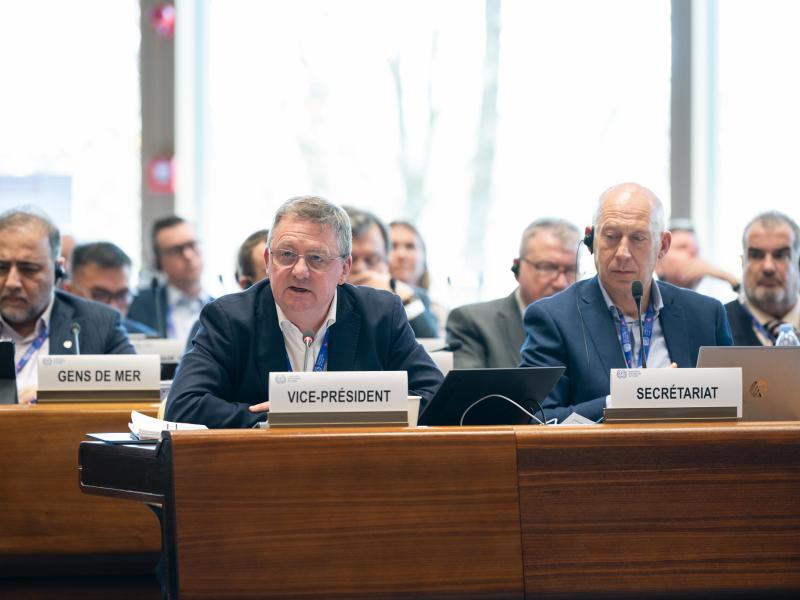Road freight transport was seriously affected in South Korea last week as truck drivers took strike action across the country. The three-day strike from 25 to 27 November, was called by KPTU-TruckSol, the Cargo Truckers’ Solidarity Division of the Korean Public Service and Transport Workers’ Union.
The union pressuring the government to extend and strengthen South Korea’s Safe Rates system which despite opposition is scheduled to be phased out at the end of 2022. Safe Rates sets minimum rates of pay and related working conditions for owner-operator truck drivers across the road transport sector.
Impact felt across the countryThe strike took place on a national scale, with thousands of workers rallying at major ports, ICDs and production and distribution sites across the country. In many locations, drivers used their vehicles and bodies to blockade roads leading in and out of ports and other facilities, effectively shutting down transport routes. The impact of the strike was amplified by the participation of non-union members, particularly in the container and bulk cement transport sectors that are both currently covered by the Safe Rates system. According to TruckSol overall road freight transport volumes declined by roughly 20% during the three days of the strike.
“The government and lawmakers must come forward.” On 27 November, around 8,000 truck drivers converged in front of the National Assembly building in Seoul, the South Korean capital. The protesters secured the street and carried out a strike rally despite authorities denying a permit for the rally resulting in a face-off with thousands of police officers.
Addressing the crowd, KPTU-TruckSol President Bogju Lee called on the Moon Jae-in administration and lawmakers to come forward and pass new legislation to strengthen drivers’ rights and make Safe Rates permanent. “The reason so many non-members are participating in this strike is because our demands for legal reform represent the desperate cry of all truck drivers,” said Bogju Lee.
“This strike is about road safety and the safety of the travelling public. In the last two days, we have demonstrated our ability to completely paralyse the country should the government not listen to our demands and force us to take further strike action,” he added.
KPTU-TruckSol has promised to take unlimited strike action should their demands not be met.
Korean workers speaking with one voiceIn Seoul, truck drivers were joined by thousands of other members of the KPTU from across the transport industry, public sector and social services in a mass mobilisation for public services and workers’ rights.

Speaking to a crowd of 20,000, KPTU President Jeong-hui Hyun said: “The goal of this mobilisation is to demonstrate that quality public services and labour rights are essential in the age of Covid-19. As the pandemic drags on, Koreans are calling for the government to take a more active role and strengthen social protections, but the government has only cut funding to support essential workers, public healthcare, public transport and other public services.”
Referencing the Korean Presidential election scheduled for March 2022, she added that, “None of the presidential candidates have put forth a real solution to inequality. Workers have the answer – quality public services and labour rights – and must become a political force to achieve them.”
In a solidarity message sent to KPTU members ahead of the mobilisation, ITF General Secretary Steven Cotton confirmed the global importance of the drivers’ demands to transport workers’ globally.
“This mass mobilisation is a challenge to governments who throughout the pandemic instead of respecting the work of transport workers in the global supply chain are beginning to clamp down on fundamental trade union rights. We want more respect for the workers that have kept our societies moving through the pandemic. We need more clean public transport and more support from governments. It’s critical that we stand shoulder to shoulder to fight governments determined to take money out of the public systems that protect our society,” said Cotton.



